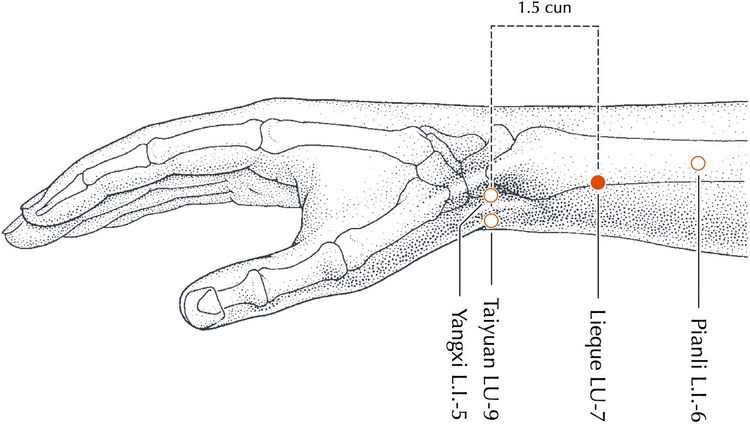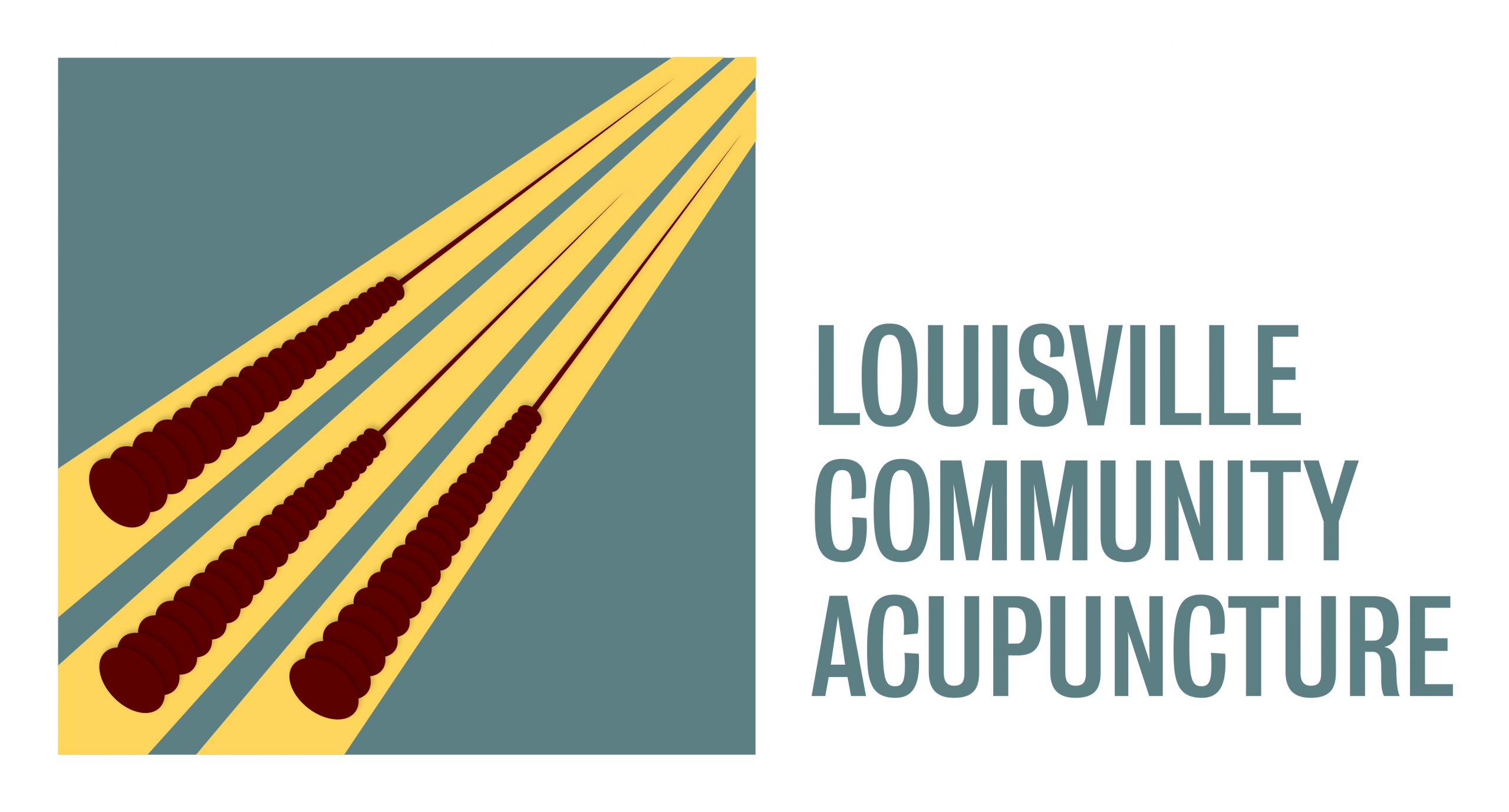Immune Support and TCM
How to Boost Your Immune System With Traditional Chinese Medicine
Traditional Chinese Medicine (TCM) is based on studies and observations done over thousands of years. Knowing how your immune system works and taking steps to boost your immunity are key to maintaining a healthy lifestyle in the cold and flu season specially during this worldwide pandemic.
How your Immune System works
The first way to protect yourself from getting sick is to understand how your immune system functions in TCM. The vital energy source of our body according to Chinese Medicine is Qi (pronounced “chee”). Qi can take on many forms in your body. One of the essential types of Qi is the Wei Qi. Roughly translated as “immunity,” the Wei Qi is your body’s natural strength and ability to fight off pathogens like viruses and bacteria.
The Wei Qi, also called “protective Qi” flows in the space between the skin and muscles, and is the first line of defense against sickness after your skin. It also controls the opening and closing of the pores, so spontaneous sweating is a sign of a weakness in your protective Qi.
When the digestive energy is weakened through poor diet, overwork or stress, it fails to transport the nutrients from food around the body, leading to a deficiency of the Wei Qi as well.
When the Wei Qi is not strong enough, we are not able to fight off outside pathogens, and we get sick. Symptoms of Wei Qi deficiency include high susceptibility to infections, low energy, and delayed recovery from illness.
When the digestive energy is weakened through poor diet, overwork or stress, it fails to transport the nutrients from food around the body, leading to a deficiency of the Wei Qi also.
How to strength your immune system
Get Acupuncture – In TCM the Wei Qi is related to the Lung organ system, so anything you do to strengthen the lungs will strengthen the Wei Qi. For example, practicing breathing meditation and stimulating acupuncture points along the Lung meridian.
A great way to protect your Lung Qi is by stimulating Lung 7 (LU 7). As the “command point of the head and posterior neck,” LU 7 is one of the most powerful acupuncture points on the Lung meridian. It is particularly useful in stopping a cough and relieving a sore throat.

Get enough sleep – Another great way to preserve your Qi is by getting extra sleep. Sleep is restorative to the immune system and helps protect the body from foreign pathogens. When you feel the early signs of getting sick, resting (restoring your Yin) is one of the best ways to fight off a cold or flu. Try to stay on your daily routine! Be mindful to not overwork and set time limits.
Get outside – I know it is winter and the temperature doesn’t call you to spend time outside. However, the air you breathe is also turned into Qi within our bodies through the lungs. Try to spend at least 10 minutes outside every day, regardless of the weather. This could mean taking a walk in the sun with your dog, or standing on your porch and watching the rain or snow.
Get the right food – The food we eat is transformed into Qi by our digestive energy. Part of this Qi is further refined and part of it is turned into Wei Qi. If you are not eating properly, your digestive energy won’t be able to pull the necessary nutrients out of your food to make efficient and strong Wei Qi. Foods that strengthen Qi deficiency are whole, unprocessed foods, and preferably local and organic grown as possible. This means it is essential to limit processed foods. Try not to skip meals, and cook fresh and natural foods for yourself and your family at regular times following a balanced diet.
Here is a link to a chicken soup recipe we enjoy a lot that combines traditional Chinese herbs and classic chicken and vegetable soup to support the immune system. We carry bags of herbs for the soup up front in our store if you would like to try it out at home.
Certain vitamins (Vitamin C and D) are shown to be both important and effective in fighting off this new illnesses and recovery.
Some foods rich in vitamin C include pineapple, kiwi, oranges, grapefruit, cauliflower or broccoli, strawberries, kale and Kohlrabi. Foods that are higher in Vitamin D include: salmon, canned tuna, herring and sardines, egg, mushroom, spinach, kale, collards and okra.
Some spices have also some healing benefits! Ginger is an anti-inflammatory and antioxidant, while garlic provides antibacterial, antiviral and antifungal effects. Turmeric, which is a relative of ginger, also has anti-inflammatory properties.
We are living in challenging times. Be kind to your body, respect your limits and laugh often!
